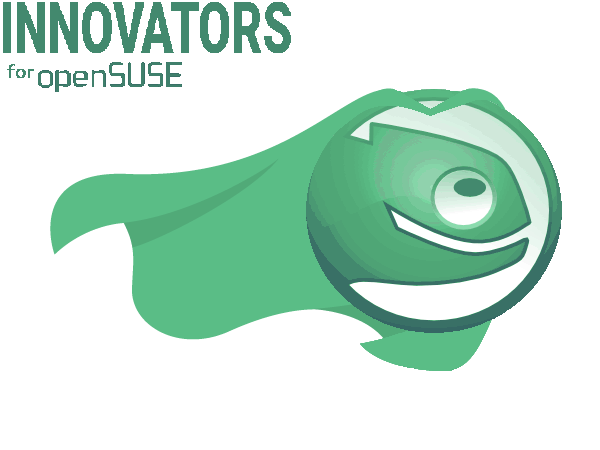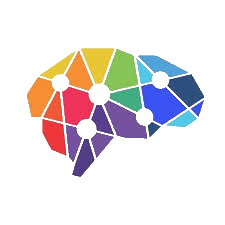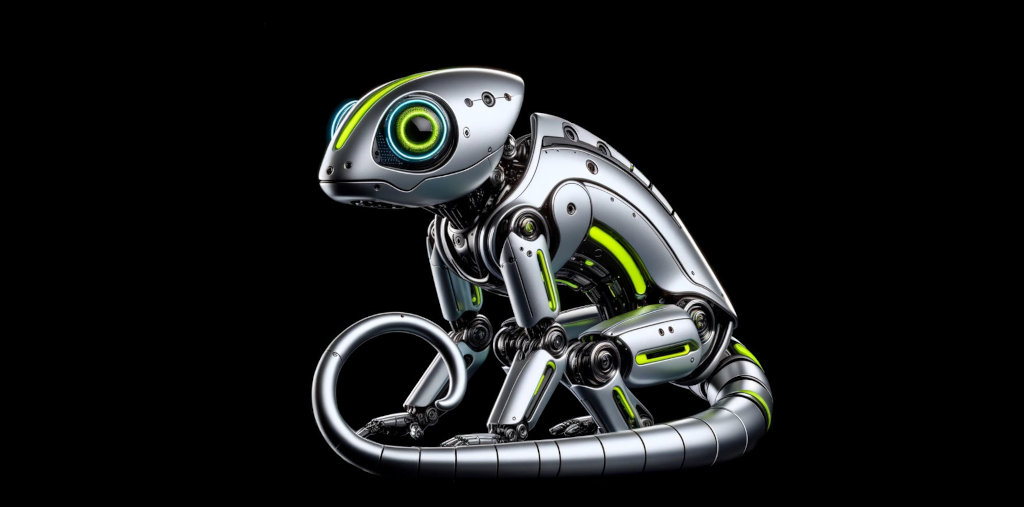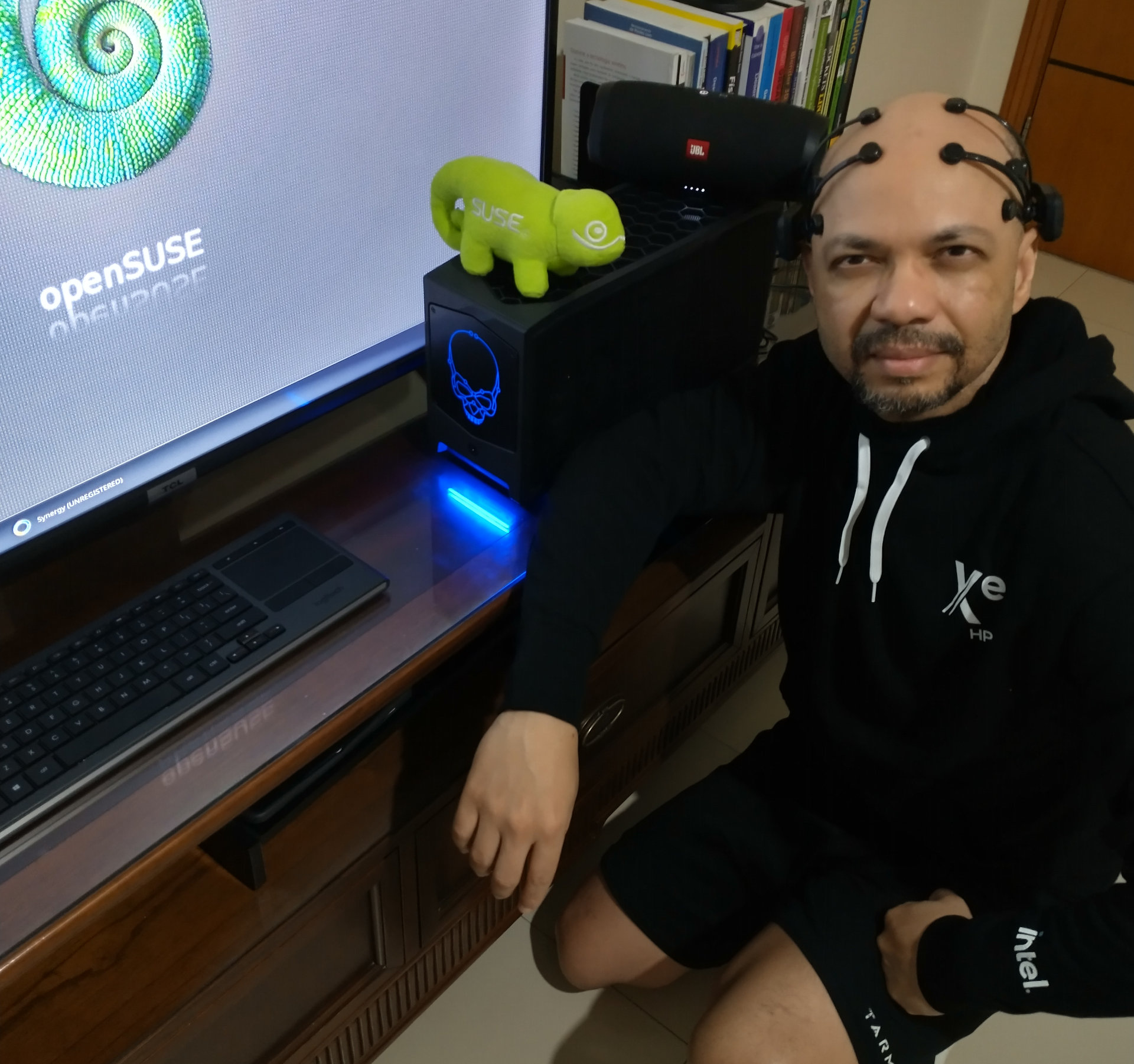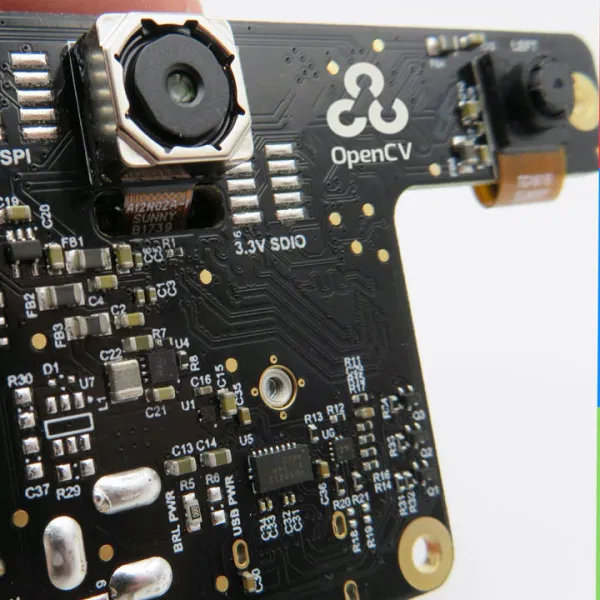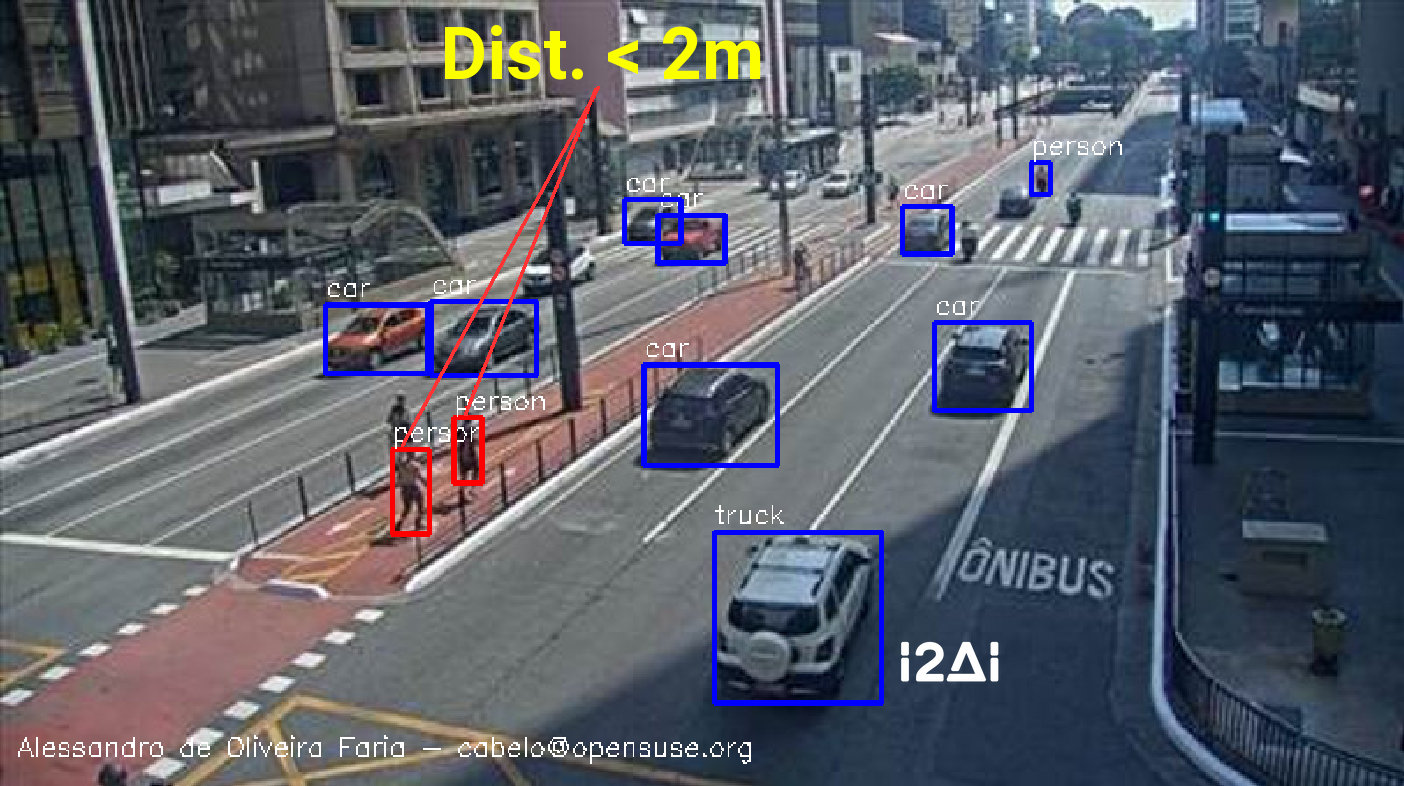openSUSE:INNOVATORS
Introduction
The INNOVATORS for openSUSE project, is an initiative to share, disseminate and promote projects, articles and news about innovative projects on the openSUSE platform developed by the community and public and private companies.
All information on this wiki is related to innovative projects that use augmented reality technology, artificial intelligence, computer vision, robotics, virtual assistants and any and all innovative technology (in all hardware plataforms ).
This initiative search collaborators for the project, the objective is to show the power of the openSUSE platform in innovative projects. To send suggestions, criticisms or be part of the INNOVATORS openSUSE community, send an mail to the founder of this initiative and administrator Alessandro de Oliveira Faria (A.K.A. CABELO) at the cabelo@opensuse.org
2025 Nov
Intel NPU driver available in openSUSE versions!
The openSUSE for INNOVATORS initiative makes the Intel NPU driver RPM package available in openSUSE versions. More information here: https://build.opensuse.org/package/show/hardware/linux-npu-driver
2025 Apr
DiraQ: A Pocket Linux for Quantum Computing!
DiraQ Linux is a bootable and portable distribution based on openSUSE 15.6, designed to run directly from a USB drive — with no need to modify the computer’s hard disk. Developed through a partnership between Wilson Fonseca and Alessandro de Oliveira Faria (Cabelo), the project was born to democratize access to quantum computing, allowing any researcher, student, or enthusiast to experiment with quantum algorithms and simulations in a practical and secure way.
2024 Nov : MultiCortex is Born
MultiCortex emerges as the Enterprise version of the openSUSE for Innovators initiative. The company was created with the purpose of delivering an advanced operating system, based on openSUSE, designed for heterogeneous computing and specialized builds in Artificial Intelligence, guaranteeing optimized support for a wide variety of GPUs, NPUs, VPUs, and other high-performance architectures.
2024 Oct
Exo experimental project in openSUSE for Innovators
The Exo project supports different partitioning strategies for dividing an AI model across devices. The default partitioning strategy is weighted ring memory partitioning. This runs inference in a ring where each device runs a number of model layers proportional to the device memory.
2024 May
OpenVINO Arrives in openSUSE
While focused on the openSUSE Innovator initiative as an openSUSE member and Intel Innovator, it was frustrating for me to see that openVINO did not have support on the openSUSE Linux distribution. More information here: https://news.opensuse.org/2024/05/14/openvino-arrives-in-os-distributions/
2024 Apr
New Logo openSUSE for Innovators
2023 Oct
OpenVINO now running in all openSUSE
We tested the new release of the openVINO on openSUSE Leap 15.5 and Tumbleweed. With the total success of the work, I made available in the SDB an article on how to install this solution on the openSUSE platform. More information here: https://en.opensuse.org/SDB:Install_OpenVINO
2022 Apr
GNA compatibility in all openSUSE
We tested the new hardware GNA (Gaussian & Neural Accelerator Library ) aceletaror on openSUSE Leap 15.4 and Tumbleweed. With all work well, we made available in the SDB an article on how to install this device on the openSUSE platform. More information here: https://en.opensuse.org/SDB:Install_GNA_in_NUC_Beast_Canyon
2021 May
RealSenseID compatibility in all openSUSE
We tested the new hardware RealSenseID on openSUSE Leap 15.1, 15.2, 15.2 RC and Tumbleweed. With all work well, we made available in the SDB an article on how to install this device on the openSUSE platform. More information here: https://en.opensuse.org/SDB:Install_RealSenseID.
2021 Feb
Pam-face-authentication compatibility with all openSUSE
I tested the Pam-face-authentication project on openSUSE Leap 15.3 and Tumbleweed. With the total success of the work, I made available in the SDB an article on how to install this solution on the openSUSE platform. More information here: https://en.opensuse.org/openSUSE:Pam-face-authentication_project
2021 January
OAK AI Kit running in all openSUSE
We tested the new hardware OAK AI Kit on openSUSE Leap 15.1, 15.2 and Tumbleweed. With all work well, we made available in the SDB an article on how to install this device on the openSUSE platform. More information here: https://en.opensuse.org/SDB:Install_OAK_AI_Kit .
2020 July
oneAPI compatibility with all openSUSE
I tested the new release of the oneAPI tool on openSUSE Leap 15.1, 15.2 and Tumbleweed. With the total success of the work, I made available in the SDB an article on how to install this solution on the openSUSE platform. More information here: https://en.opensuse.org/SDB:Install_oneAPI.
Highlights
- The DPC++ Compatibility Tool is a migration engine that transforms CUDA* code into a standards-based DPC++ code.
- Data Parallel C++ (DPC++) is an open, standards-based evolution of ISO C++ that incorporates Khronos SYCL* and community extensions to simplify data parallel programming.
- Designed for end-to-end machine learning and data science.
- Powerful libraries—including deep learning, math, and video and media processing.
Ritchie CLI compatibility with all openSUSE
I tested the new release of the Ritchie CLI on openSUSE Leap 15.1, 15.2 and Tumbleweed. With the total success of the work, I made available in the SDB an article on how to install this solution on the openSUSE platform. More information here: https://en.opensuse.org/SDB:Install_Ritchie
2020 May
Monitoring social distance to combat COVID-19
Using computer vision and deep learning techniques, the system analyzes the behavior of the population, calculating the necessary distance between people to avoid contagion. And with pedestrian and vehicle location algorithms, it is possible to obtain an estimate of the number of people traveling in a given region.
Social distance are behaviors that limit social interaction to reduce the spread of certain diseases. The adoption of these measures is important to prevent an increase in the number of people infected. Thus, the population is able to reduce the number of hospitalizations and avoid overloading the health system
ISOLALERT is a software developed in Brazil at openSUSE with oneAPI, openCV and Deep Learning. This project use artificial inte|center|openSUSE Innovators]]lligence to minimize contagion of COVID-19. The project uses algorithmic data to obtain an estimate of the number of people and vehicles traveling within a specific region and calculates the necessary distance between individuals to reduce spread of the virus, supported by Intel® Distribution of openVINO™ toolkit.
- Source code : https://github.com/cabelo/isolalert
- ISOLALERT is featured news at intel at link.
- More information in Innovartos project Intel.
